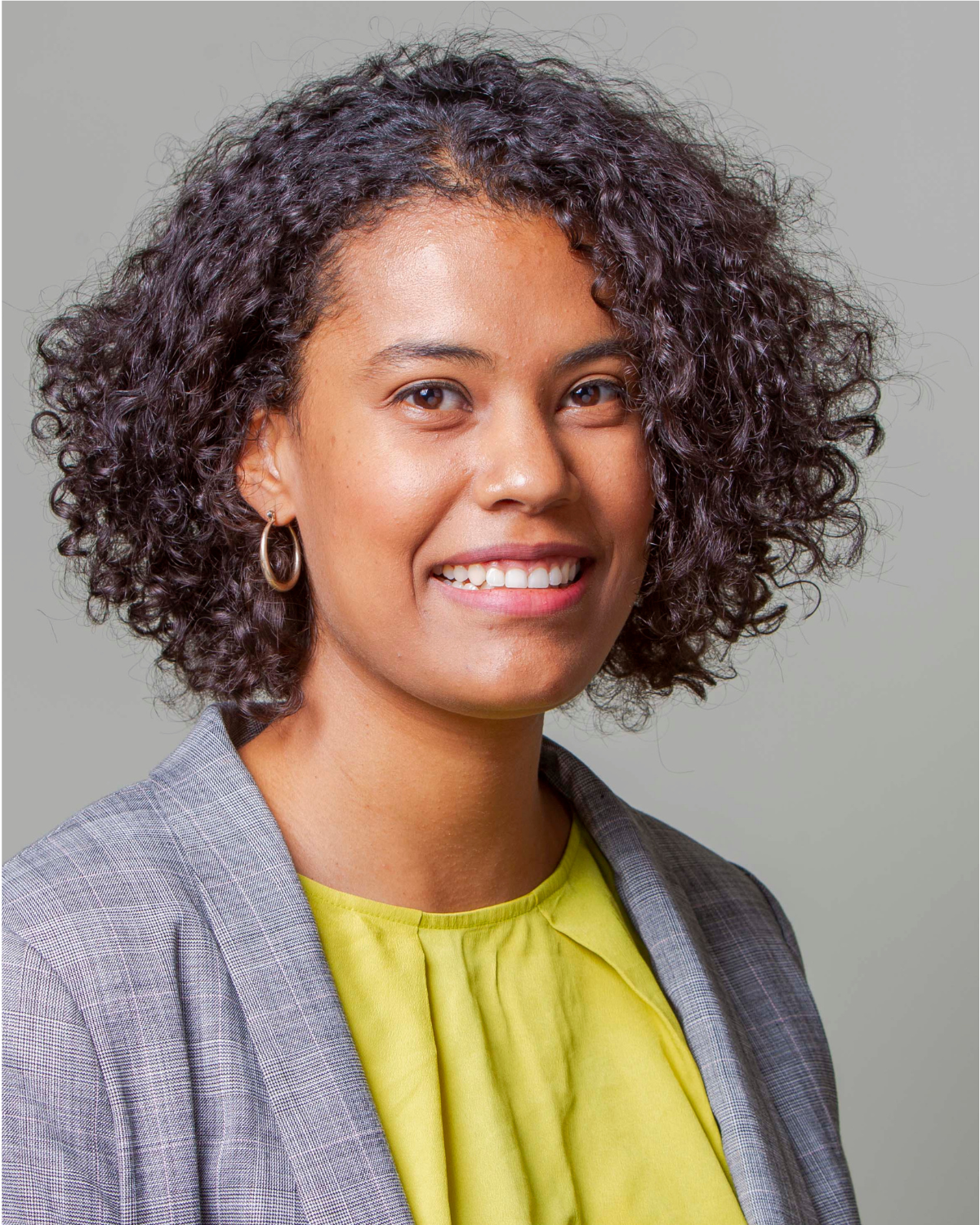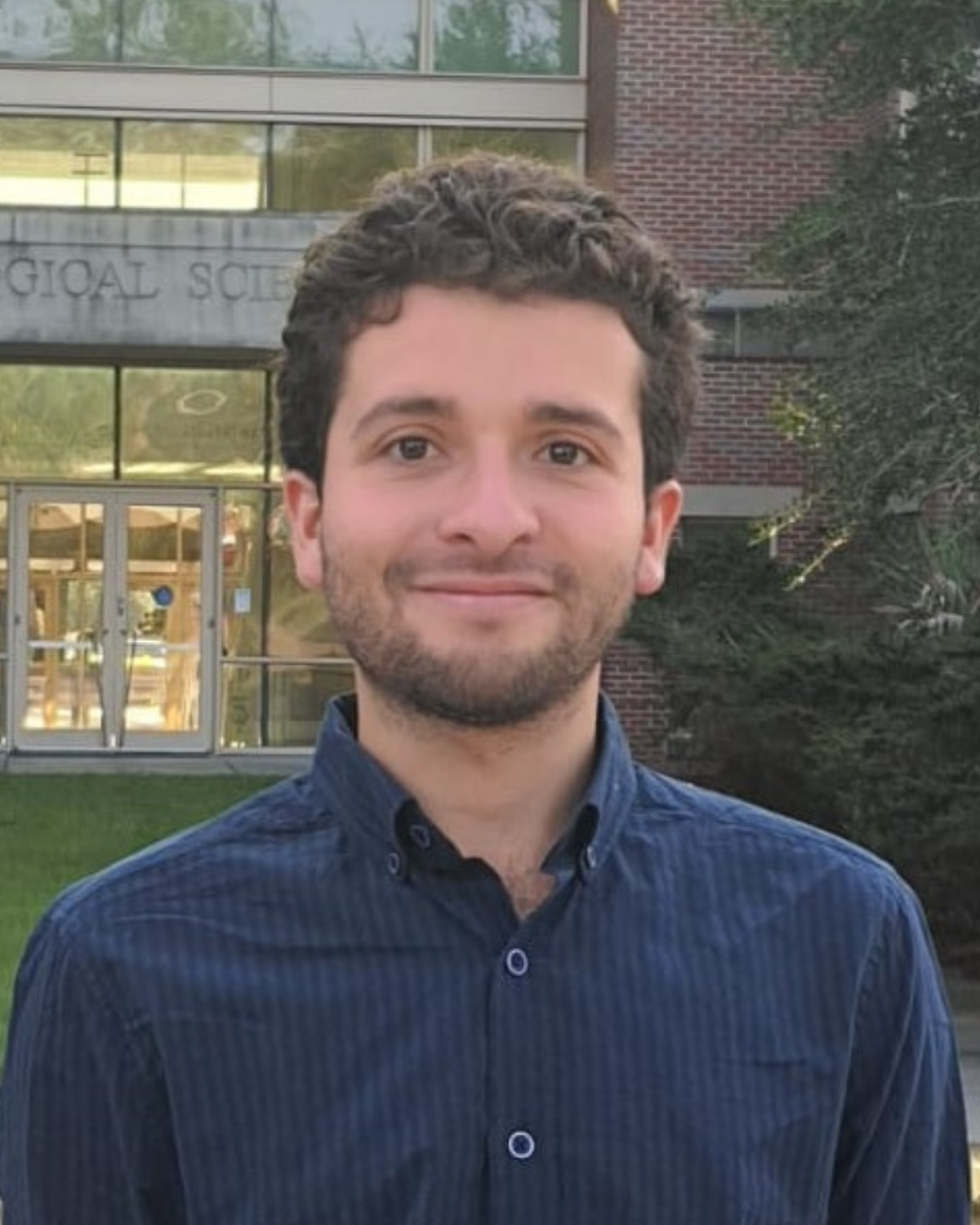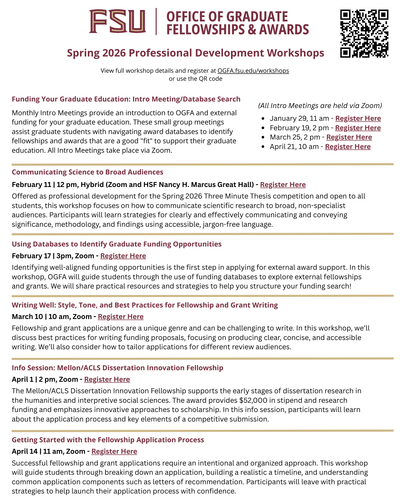Welcome to the Spring 2026 OGFA Newsletter! This edition highlights upcoming professional development, workshops, funding opportunities, resources to support external award applications, and recent accomplishments from FSU graduate students across disciplines. Whether you are exploring fellowships that align with your interests or preparing for 3MT, OGFA is here to support you at every stage of your funding journey.
Interested in applying for fellowships and awards but don’t quite know where to begin? Visit the Office of Graduate Fellowships and Awards Let’s Meet webpage to learn more about how OGFA can help you jumpstart your fellowships and awards journey.
Celebrating Graduate Student Success
Each April, The Graduate School hosts the Annual Celebration of Graduate Student Excellence, and we want to celebrate you! This year, the event will take place on Monday, April 6. If you were awarded an external fellowship or grant to support your graduate education during the 2025-2026 academic year, submit your award information here so we can recognize you at this year's ceremony!
Pro-Tip: The Value of Applying (It's About More than Funding!)
Aside from the possibility of securing funding to support your graduate education, applying for fellowships and grants is a great way to build critical skills. At OGFA, we encourage you to view the pursuit of external funding as an integral part of your graduate training—the application process can help you clarify your goals, refine how you communicate your research/work, develop skills in project management, and make you a better collaborator. In the excerpts below, you can see how graduate students who have worked with OGFA to apply for external funding describe the skills and perspectives they built through the process.
Funding opportunities are always competitive, and you’re never guaranteed to win the thing you apply for. But you can be sure that the process is worthwhile. Even if you don’t get the funding, you will engage in meaningful work that furthers your scholarly and professional development. OGFA is ready to support you in that endeavor!
Carine Schermann, PhD Candidate in Modern Languages and Linguistics
Recipient of Mellon/ACLS Dissertation Innovation Fellowship and the
Boston College African and Africana Diaspora Studies Program Dissertation Fellowship
Applying for fellowships has been both challenging and transformative. Even if I hadn’t received any funding, the application process itself was invaluable. It pushed me to clarify my academic project (its purpose, stakes, and the kind of language I want to use to communicate it). I was also able to reflect on who I am as a scholar: what I value, how I want to present my work, and how my methodologies align with my principles.
The process helped me better understand how to use the resources available to me: how and when to reach out to mentors, how to manage my time strategically, and how to structure long-term goals. Most importantly, it reinforced that academic writing is fundamentally collaborative. Whether I’m preparing a grant proposal or a dissertation chapter, feedback from others (both specialists and non-specialists) makes my work stronger.
Practicing writing for broader audiences has been especially meaningful. Making my research accessible is a priority for me, especially in relation to the communities I work with. Fellowship writing gave me a chance to develop that skill intentionally, and I truly believe it’s made me a better writer (especially in English which is not my first language).
Daniel Gutierrez, PhD Candidate in Biological Science
Recipient of McKnight Doctoral Fellowship and
NSF Graduate Research Fellowship
Applying for funding has allowed me to improve and practice most, if not all, of the skills that an academic would need for their career: formulating a cohesive research project, identifying relevant hypotheses, designing an appropriate methodology, thinking about broader impacts, and, most importantly, being able to communicate all of this for a broad range of audiences, both general and specialized. Learning how to take and incorporate feedback is a fundamental skill that is only learned through experience, too.
I have learned how to frame my specific work into a broader academic or knowledge framework that is of interest to a larger audience than my direct peers and colleagues. This skill is something that I personally have had to work on constantly, and grant/fellowship writing has forced me to think about the broader impacts of my research and how it fits into larger questions. I have also learned to accept rejections as part of the process; not every application/proposal will be the best fit for every funding source, and there are always very competitive proposals being submitted.
Spring 2026 Professional Development
If you are a current FSU student, register using your FSU email address.
Funding Your Graduate Education: Database Search (Intro Meetings)
Monthly Intro Meetings provide an introduction to OGFA and external funding for your graduate education. These small group meetings assist graduate students with navigating award databases to identify fellowships and awards that are a good "fit" to support their graduate education. All Intro Meetings take place via Zoom.
- Thursday January 29 | 11 am | Register Here
- Thursday February 19 | 2 pm | Register Here
- Wednesday March 25 | 2 pm | Register Here
- Tuesday April 21 | 10 am | Register Here
Communicating Science to Broad Audiences
February 11 | 12 pm | Hybrid (Zoom and HSF Nancy H. Marcus Great Hall) (Register Here)
Offered as professional development for the Spring 2026 Three Minute Thesis competition and open to all students, this workshop focuses on how to communicate scientific research to broad, non-specialist audiences. Participants will learn strategies for clearly and effectively communicating and conveying significance, methodology, and findings using accessible, jargon-free language.
Using Databases to Identify Graduate Funding Opportunities
February 17 | 3 pm | Zoom (Register Here)
Identifying well-aligned funding opportunities is the first step in applying for external award support. In this workshop, OGFA will guide students through the use of funding databases to explore external fellowships and grants. We will share practical resources and strategies to help you structure your funding search!
Writing Well: Style, Tone, and Best Practices for Fellowship and Grant Writing
March 10 | 10 am | Zoom (Register Here)
Fellowship and grant applications are a unique genre and can be challenging to write. In this workshop, we’ll discuss best practices for writing funding proposals, focusing on producing clear, concise, and accessible writing. We’ll also consider how to tailor applications for different review audiences.
Info Session: Mellon/ACLS Dissertation Innovation Fellowship
April 1 | 2 pm | Zoom (Register Here)
The Mellon/ACLS Dissertation Innovation Fellowship supports the early stages of dissertation research in the humanities and interpretive social sciences. The award provides $52,000 in stipend and research funding and emphasizes innovative approaches to scholarship. In this info session, participants will learn about the application process and key elements of a competitive submission.
Getting Started with the Fellowship Application Process
April 14 |11 am | Zoom (Register Here)
Successful fellowship and grant applications require an intentional and organized approach. This workshop will guide students through breaking down an application, building a realistic a timeline, and understanding common application components such as letters of recommendation. Participants will leave with practical strategies to help launch their application process with confidence.
Featured Spring Graduate Student Events
Showcase Your Work. Build Skills. Gain Recognition.
Whether you’re refining your research message, preparing a grant proposal, or showcasing creative excellence, these opportunities offer meaningful ways to grow and be recognized. Click “Read More” to learn more about eligibility and deadlines.
Three Minute Thesis (3MT)
Interested in strengthening your research communication skills? Consider participating in the Spring 2026 3MT Competition, an oral presentation challenge that emphasizes clarity and audience engagement. This competition is open to master's and doctoral students! Register by Feb. 13, 2026.
Read more about Lorem Ipsum
HSF Excellence in the Visual Arts Award
Are you an artistic graduate student? If so, apply to participate in the HSF Excellence in the Visual Arts Awards! You can win up to $500 and have your work exhibited in the HSF House. Click here to see the 2025 winners. Apply by February 14, 2026!
Read more about Lorem Ipsum
Three-Part Grants Workshop
OGFA, OPDA and the Office of Research will co-host three interconnected workshops to assist postdocs and grad students in preparing external grant applications. Attend all workshops and submit an external award application to receive a $1,000 grant! Part 1 of the series kicks off on February 25, 2026.
Read more about Lorem Ipsum
Funding Alerts
All award titles are hyperlinked to the official award page.
Knauss Marine Policy Fellowship
This fellowship is for Florida graduate students interested in ocean, coastal, and Great Lakes resources and in the national policy decisions affecting those resources. The program is a one-year paid immersive policy experience in the Washington, D.C. area. Fellows gain experience translating science knowledge to policy actions.
Deadline: February 19, 2026
Sigma Xi Grants-In-Aid of Research
Sigma Xi provides research funding for graduate students in any field of study. U.S. citizenship is not required. Sigma Xi members can apply for up to $5,000, while nonmembers can apply for up to $1,000. Allowable expenses include research equipment, travel to and from research sites, and reimbursement of human subjects.
Deadline: March 15, 2026
American Society of Civil Engineers Graduate Fellowship
The Jack E. Leisch Fellowship provides $5,000 for graduate students (master's or doctoral) studying transportation planning, roadway design, traffic operations, and safety performance. Applicants must be members of the American Society of Civil Engineers or the Transportation & Development Institute.
Deadline: March 27, 2026
Florida Nurses Foundation Scholarships and Grants
The Florida Nurses Foundation provides more than 30 fellowships and grants annually. Applicants do not apply for a specific funding opportunity, but instead submit an application and are matched with available fellowships/grants. The application portal opens in January.
Deadline: June 1, 2026
Graduate Students in the News
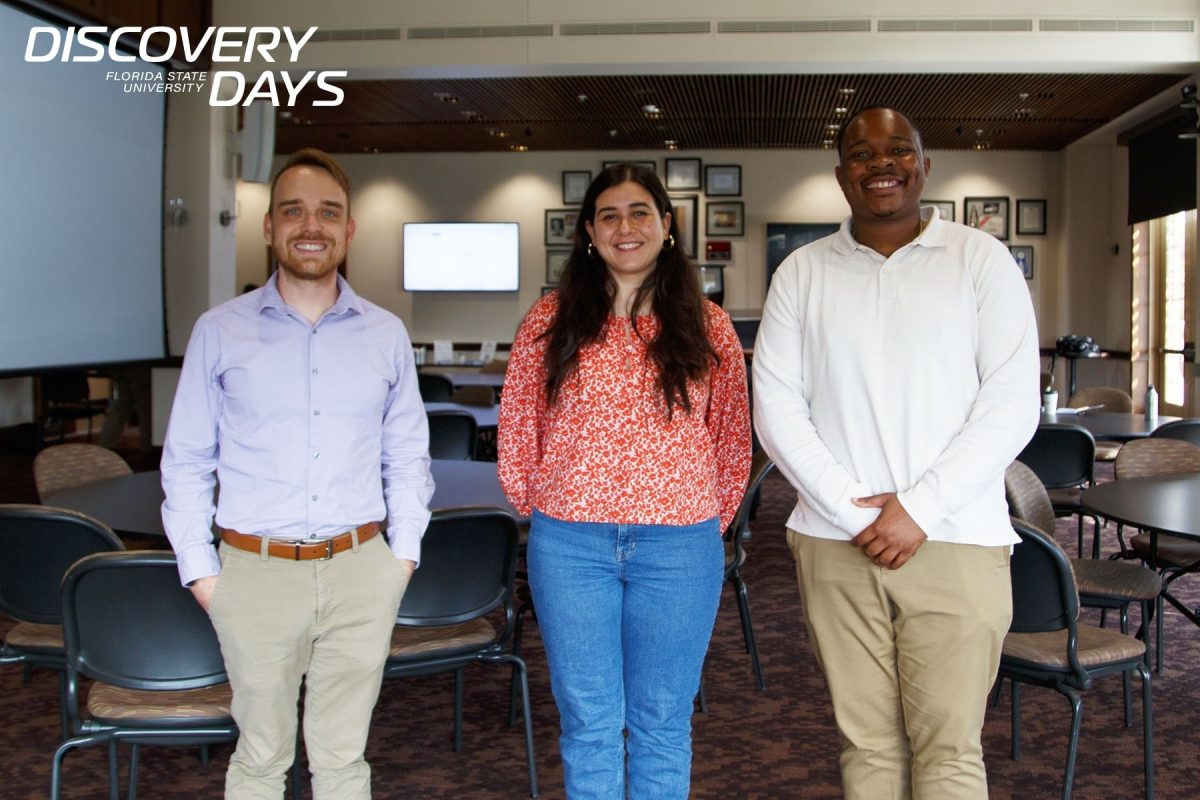
Doctoral students spotlighted at inaugural Graduate Research Showcase
Florida State University’s Discovery Days continued its celebration of research excellence with the inaugural Graduate Research Showcase, where doctoral students shared insights from their academic journey and research. The event spotlighted the dedication and innovation of FSU’s graduate scholars. Read more.
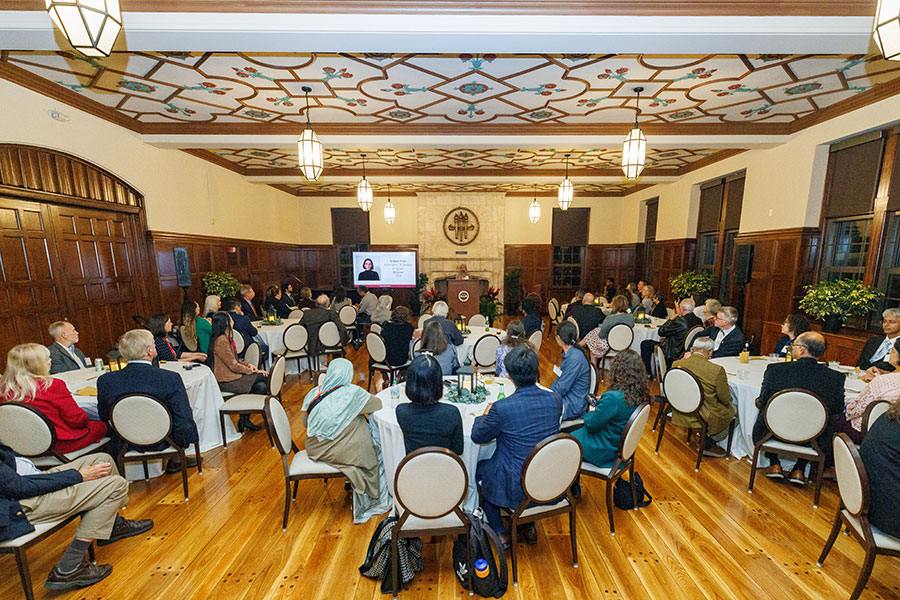
FSU celebrates global connections at 2025 Fulbright Reception
FSU recognized international and domestic Fulbright participants during the November reception. The Fulbright Program is one of the most widely known international academic exchange programs. For the 2025-2026 cycle, three current and former FSU students earned Fulbrights to conduct research in the U.K., Colombia and Argentina. Read more.
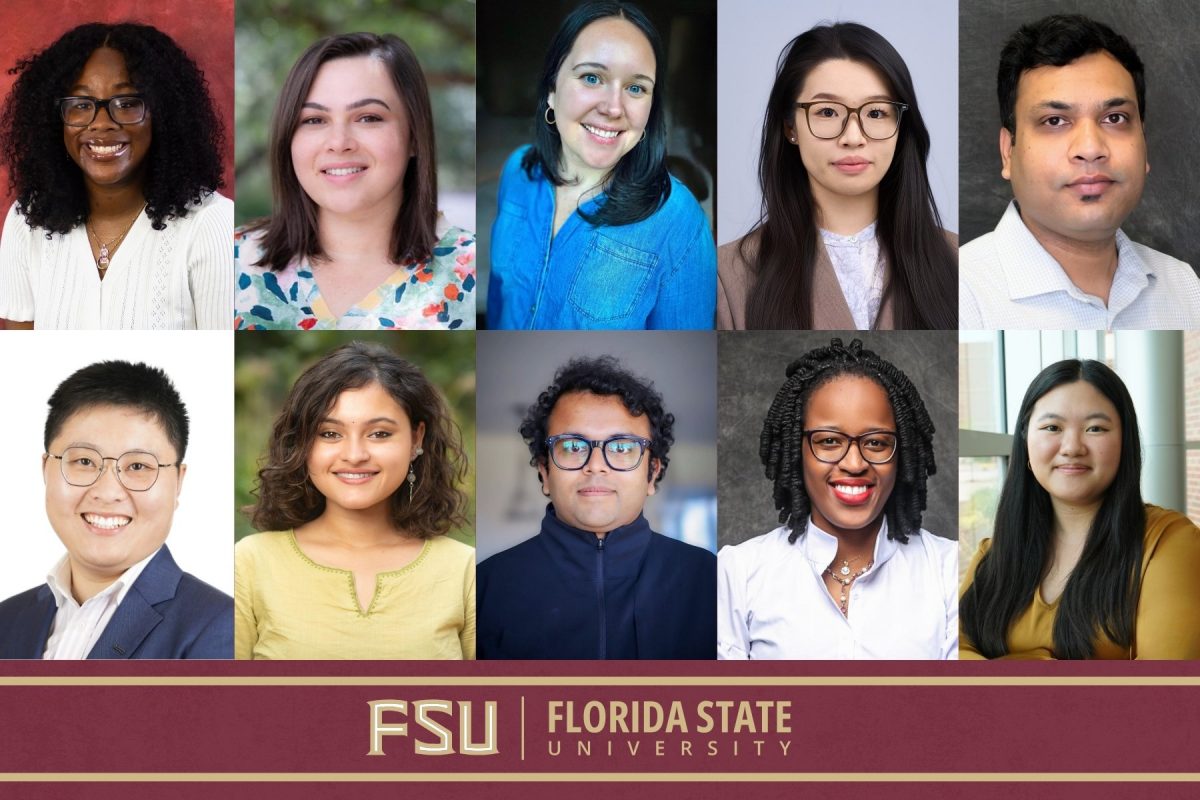
Graduate Student Op-Ed Competition showcases excellence in research communication
The Graduate School at Florida State University and the Office of Graduate Fellowships and Awards announced the winners of the annual Graduate Student Op-Ed Competition, celebrating excellence in public scholarship and written communication. Read more.
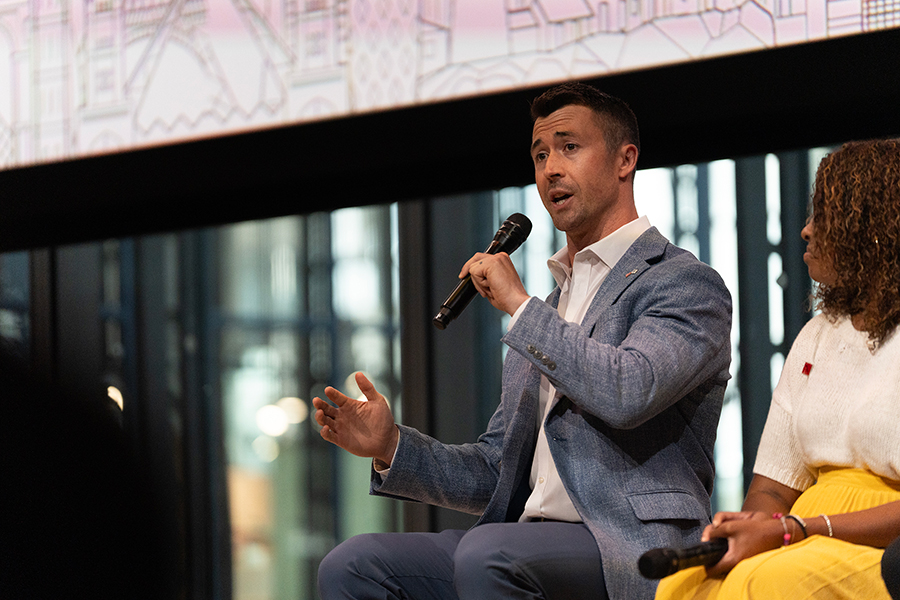
Graduate student named McCain Global Leader
Graduate student James Eggers (Instructional Systems and Learning Technologies, Anne Spencer Daves College of Education, Health, and Human Sciences), was selected as one of 22 McCain Global Leaders for the 2025 cohort. The McCain Global Leaders program supports emerging leaders dedicated to democracy, human rights and freedom. Read more.
Celebrating Graduate Education
The work and research in action of graduate students at Florida State University broadly impacts the campus community and the world around us. OGFA initiated the Grad Impact: Digital Narratives Project to capture and amplify the lived graduate student experience at FSU. Check out some of our grad student highlights below.
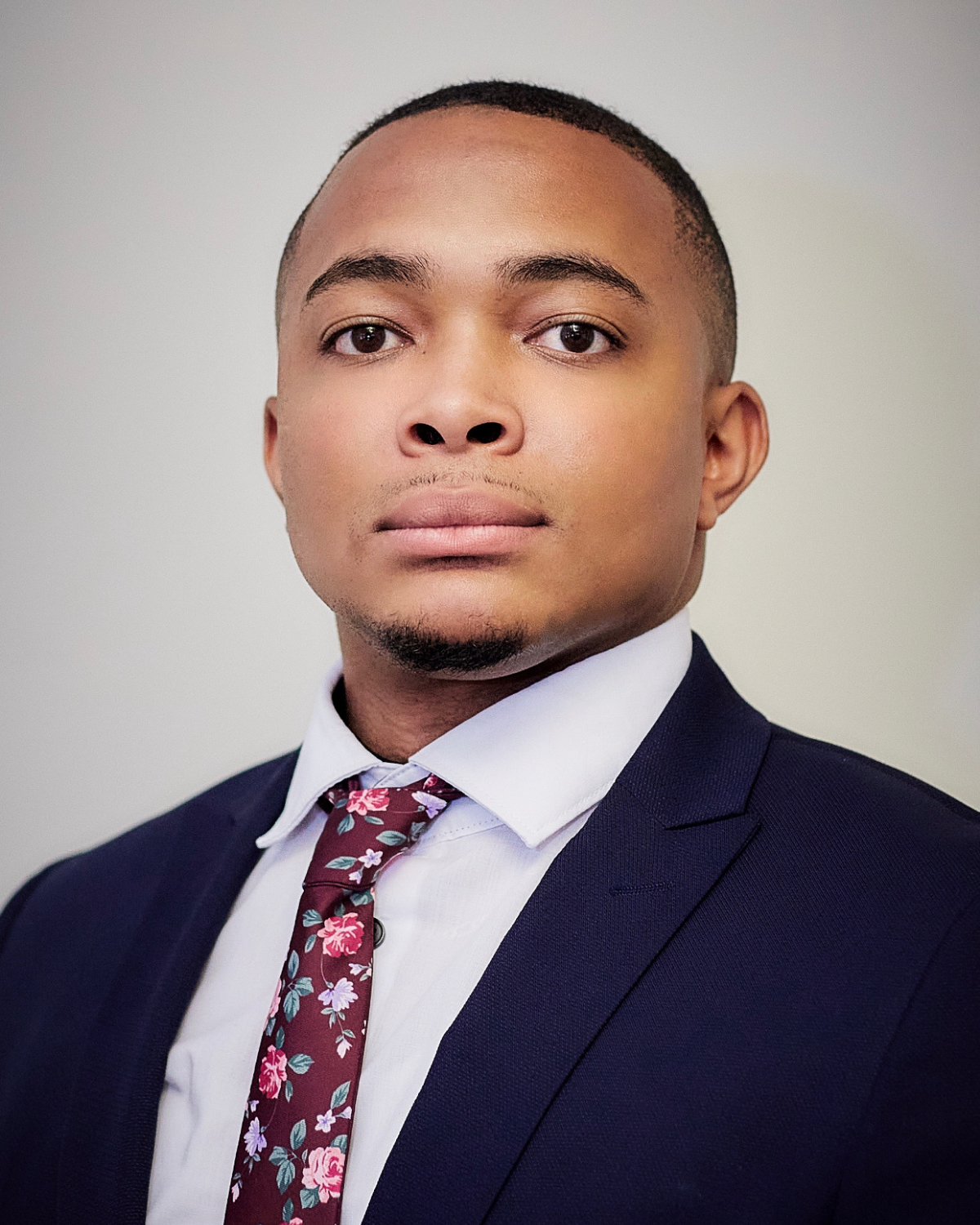
Brian Davis
History
"Be the bridge for the next generation."
View Profile
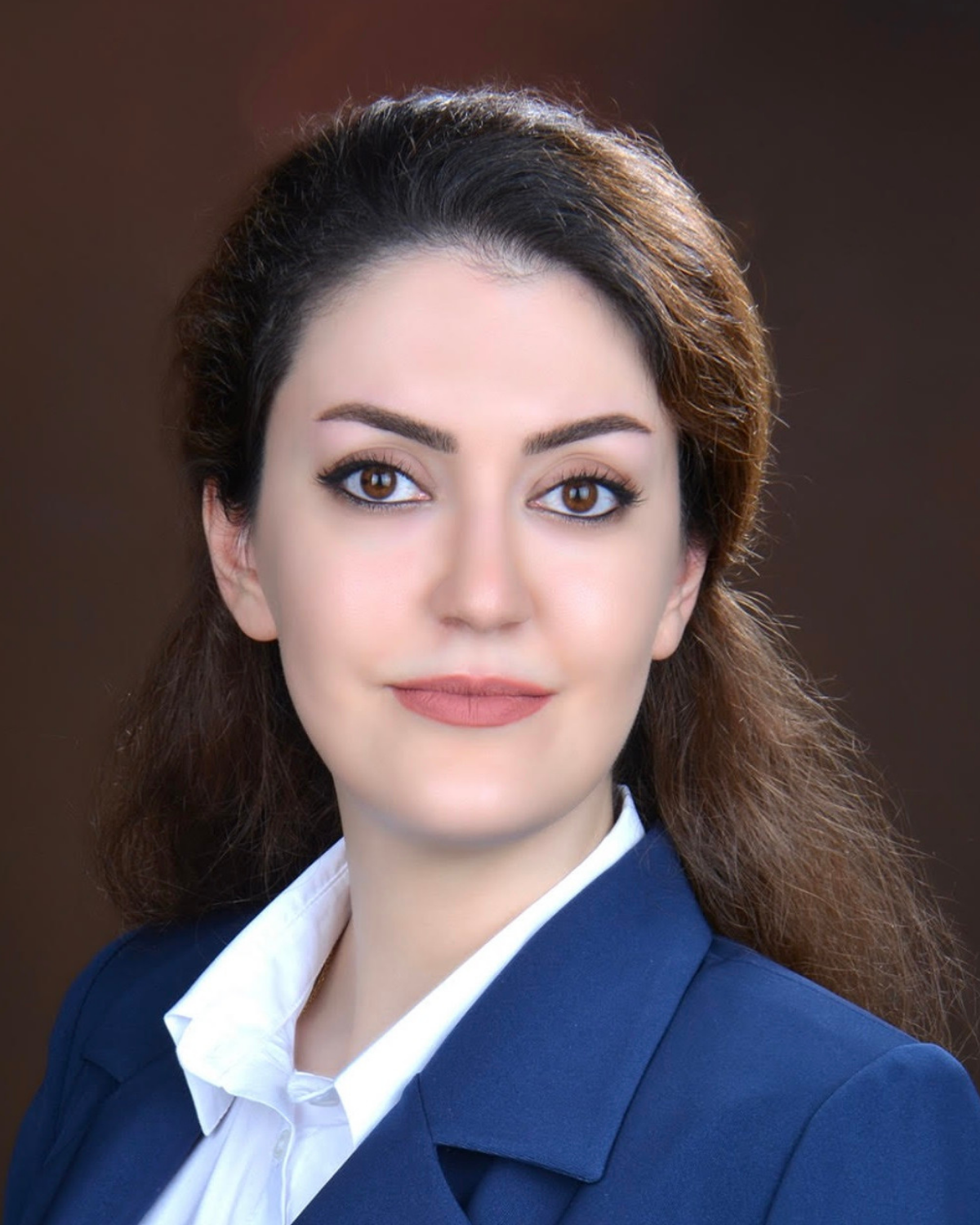
Leila Khalil
Nutrition and Food Science
"Advance knowledge, inspire change, empower future."
View Profile
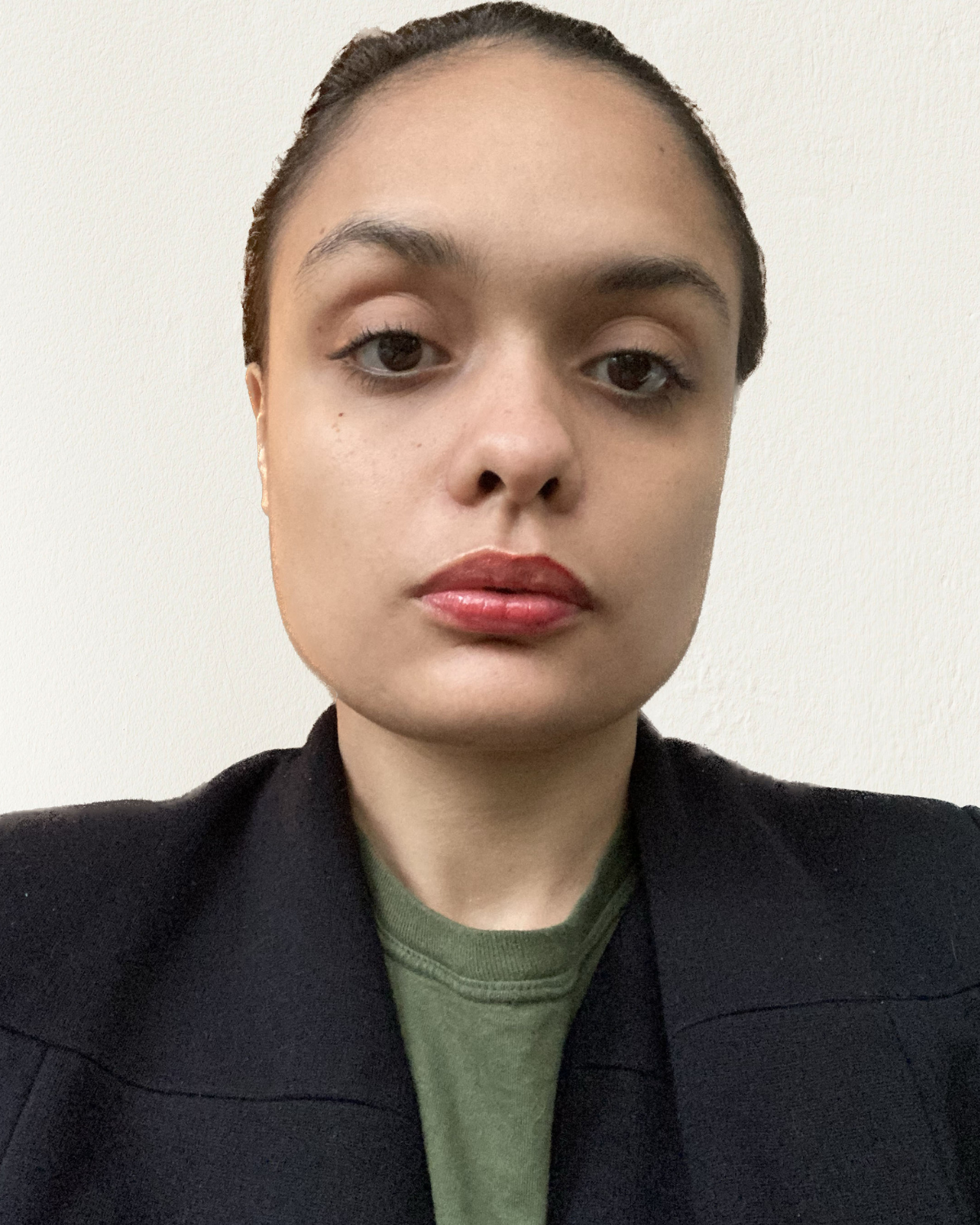
Lua Barbosa
Studio Art
"Brazilian multi-medium visual artist."
View Profile
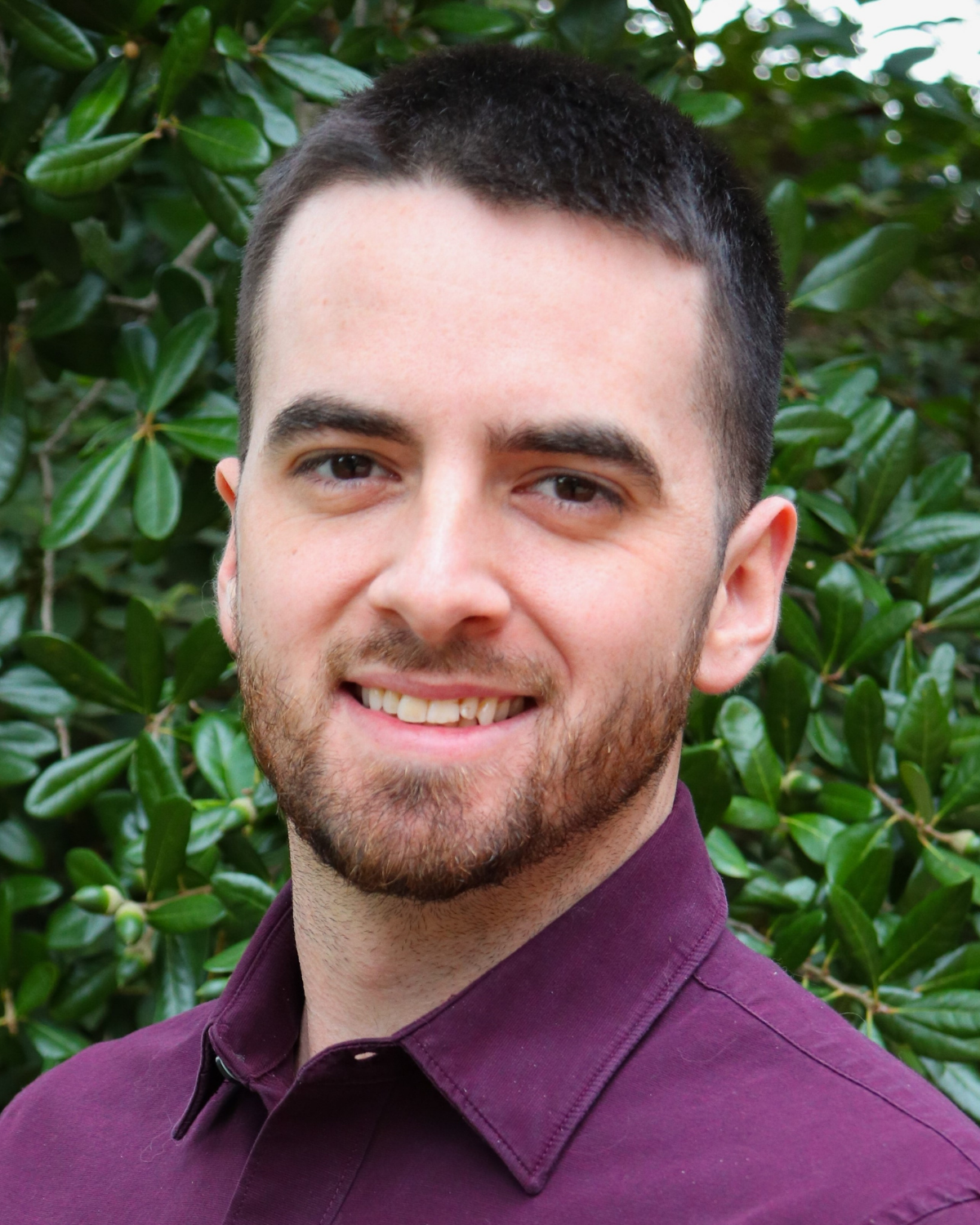
Matthew Vanden Bosch
Criminology
"To advance and share knowledge."
View Profile
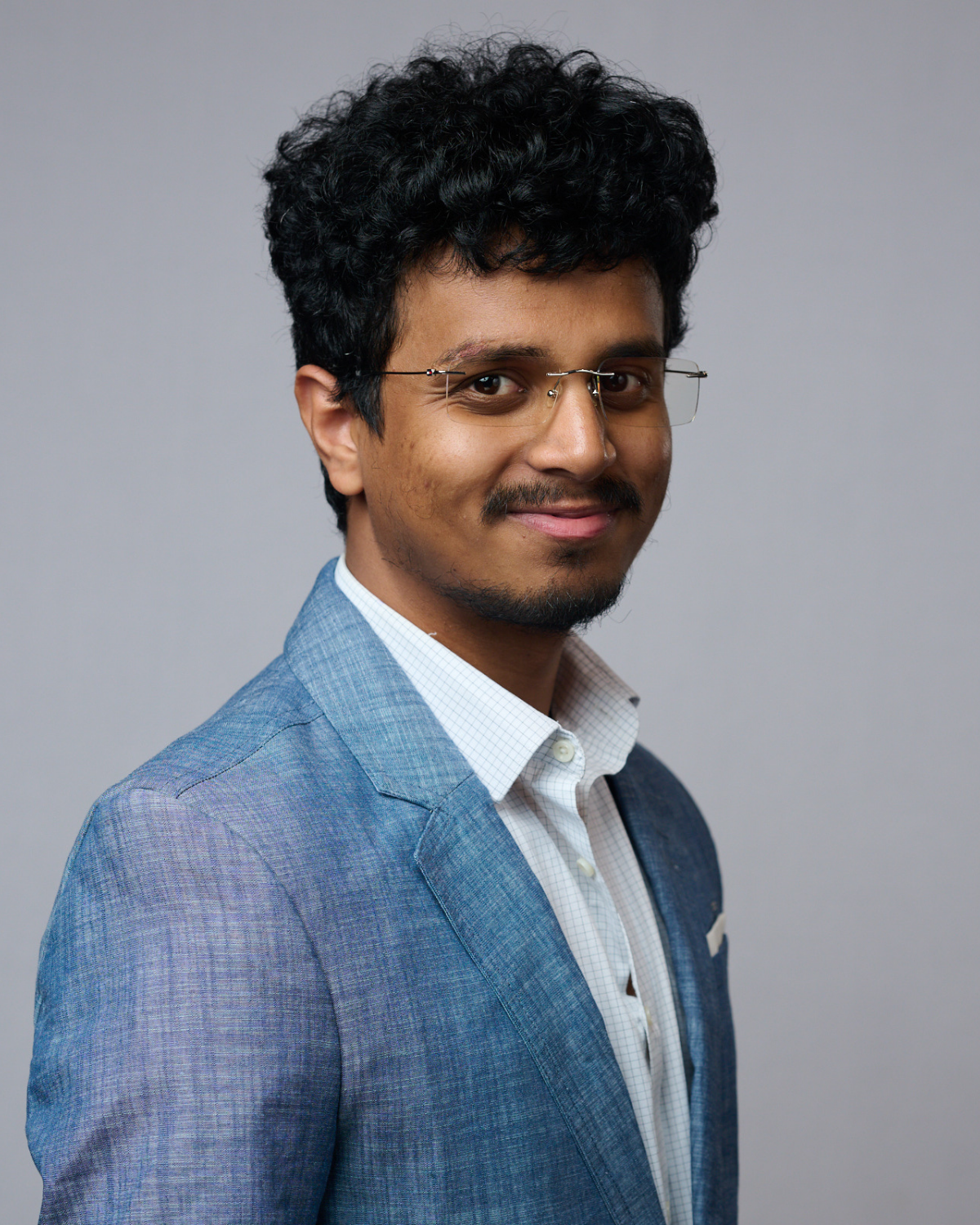
Arijit Gupta
Physics
"Cultivating curiosity, deepening knowledge, seeking understanding."
View Profile
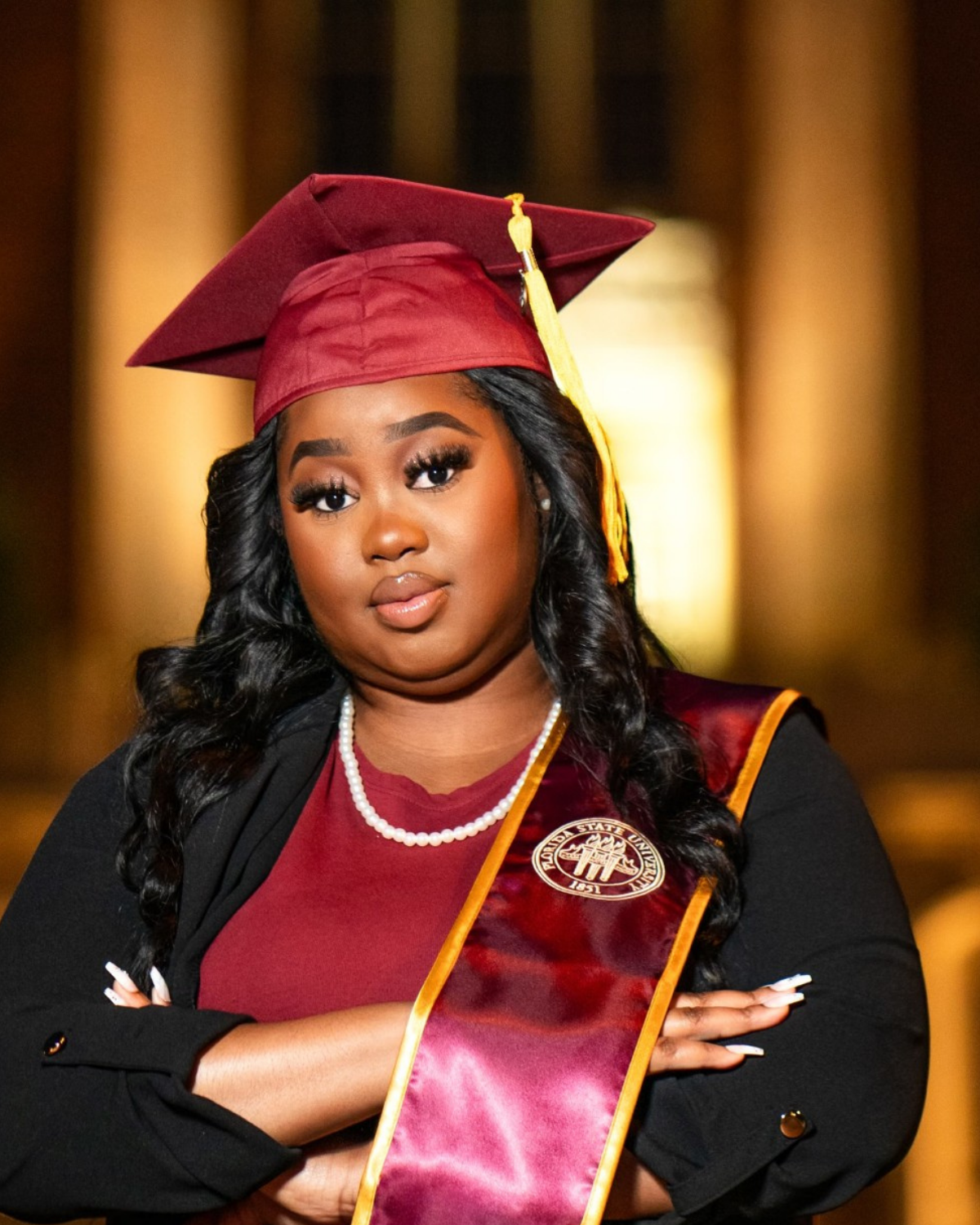
Eldaneka Rolle
Communication
"Attaining advanced knowledge adds significant value."
View Profile


